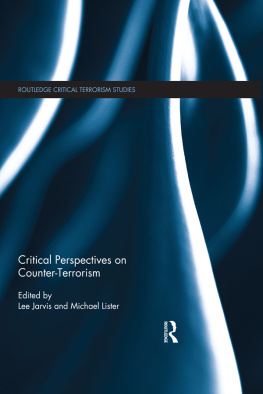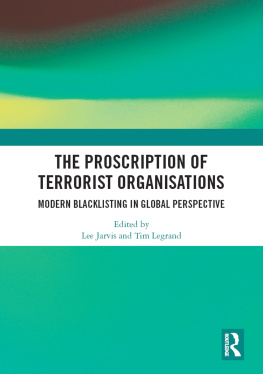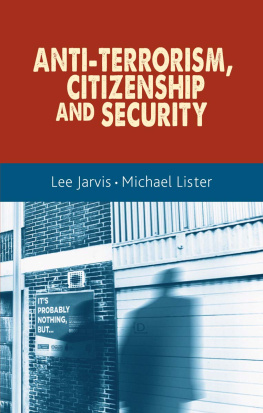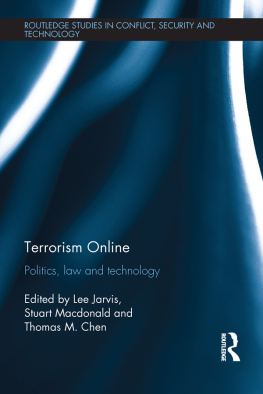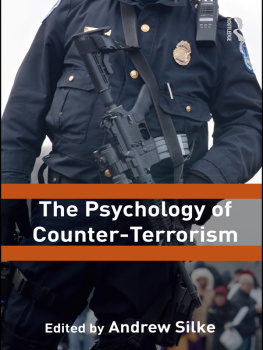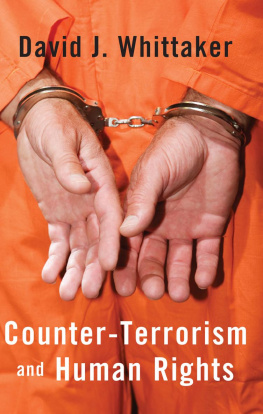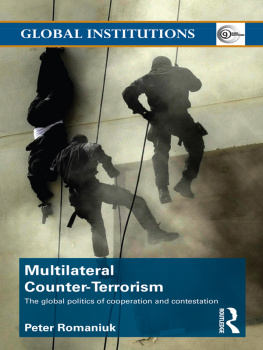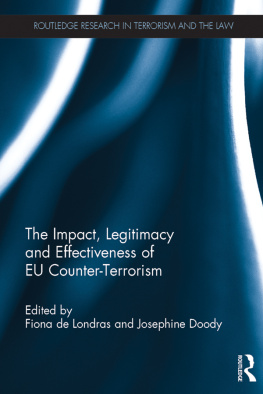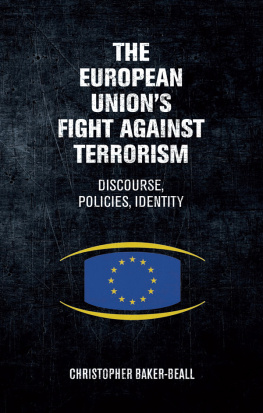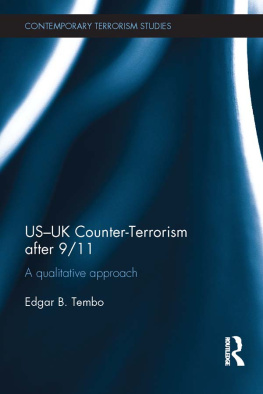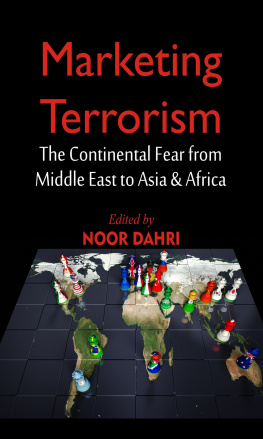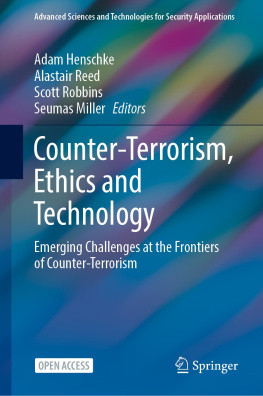Critical Perspectives on Counter-Terrorism
This volume examines the rationale, effectiveness and consequences of counter-terrorism practices from a range of perspectives and cases.
The book critically interrogates contemporary counter-terrorism powers from military campaigns and repression through to the prosecution of terrorist suspects, counter-terrorism policing, counter-radicalisation programmes, and the proscription of terrorist organisations. Drawing on a range of timely and important case studies from around the world including the UK, Sri Lanka, Spain, Canada, Australia and the USA, its chapters explore the impacts of counter-terrorism on individuals, communities and political processes.
The book focuses on three questions of vital importance to any assessment of counter-terrorism. First, what do counter-terrorism strategies seek to achieve? Second, what are the consequences of different counter-terrorism campaigns, and how are these measured? And, third, how and why do changes to counter-terrorism occur?
This volume will be of much interest to students of counter-terrorism, critical terrorism studies, criminology, security studies and International Relations.
Lee Jarvis is a Senior Lecturer in International Security at the University of East Anglia. He is author of Times of Terror: Discourse, Temporality and the War on Terror (2009), and co-author of Terrorism: A Critical Introduction (2011).
Michael Lister is Reader in Politics at Oxford Brookes University. He is co-author of Citizenship in Contemporary Europe (2008) and co-editor of The State: Theories and Issues (2005).
Series: Routledge Critical Terrorism Studies
Series Editor: Richard Jackson
University of Otago, New Zealand
This book series will publish rigorous and innovative studies on all aspects of terrorism, counter-terrorism and state terror. It seeks to advance a new generation of thinking on traditional subjects and investigate topics frequently overlooked in orthodox accounts of terrorism. Books in this series will typically adopt approaches informed by critical-normative theory, post-positivist methodologies and non-Western perspectives, as well as rigorous and reflective orthodox terrorism studies.
Terrorism and the Politics of Response
Edited by Angharad Closs Stephens and Nick Vaughan-Williams
Critical Terrorism Studies
Framing a new research agenda
Edited by Richard Jackson, Marie Breen Smyth and Jeroen Gunning
State Terrorism and Neoliberalism
The north in the south Ruth Blakeley
Contemporary State Terrorism
Theory and practice
Edited by Richard Jackson, Eamon Murphy and Scott Poynting
State Violence and Genocide in Latin America
The Cold War years
Edited by Marcia Esparza, Henry R. Huttenbach and Daniel Feierstein
Discourses and Practices of Terrorism
Interrogating terror
Edited by Bob Brecher, Mark Devenney and Aaron Winter
An Intellectual History of Terror
War, violence and the state Mikkel Thorup
Women Suicide Bombers
Narratives of violence
V.G. Julie Rajan
Terrorism, Talking and Transformation
A critical approach Harmonie Toros
Counter-Terrorism and State Political Violence
The War on Terror as terror
Edited by Scott Poynting and David Whyte
Selling the War on Terror
Foreign policy discourses after 9/11 Jack Holland
The Making of Terrorism in Pakistan
Historical and social roots of extremism Eamon Murphy
Lessons and Legacies of the War on Terror
From moral panic to permanent war
Edited by Gershon Shafir, Everard Meade, and William J. Aceves
Arguing Counterterrorism
New perspectives Edited by Daniela Pisoiu
States of War since 9/11
Terrorism, sovereignty and the war on terror Edited by Alex Houen
Counter-Radicalisation
Critical perspectives
Edited by Charlotte Heath-Kelly, Lee Jarvis and Christopher Baker-Beall
Critical Perspectives on Counter-Terrorism
Edited by Lee Jarvis and Michael Lister

